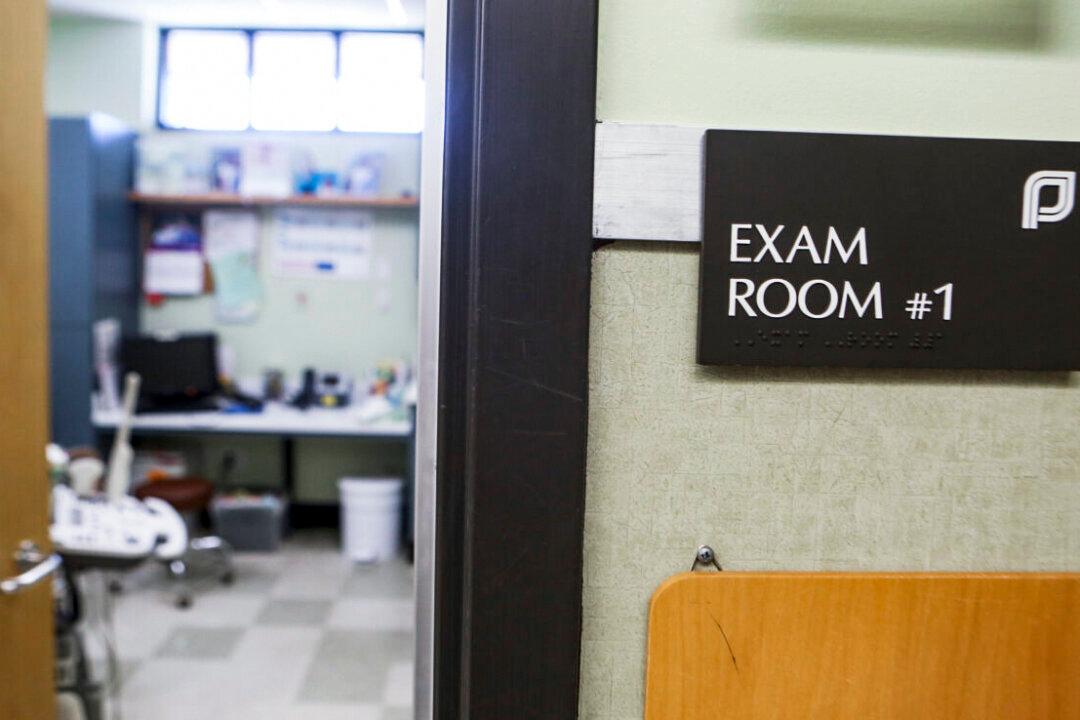An appeals court panel opted on Sept. 10 to leave the new Texas law banning most abortions in place for the time being, marking the latest decision of its kind.
Abortion providers filed suit against the state of Texas in July over the law, arguing that Texas Senate Bill 8, which went into effect Sept. 1, is unconstitutional and should be blocked from enforcement. The measure bans the performance of abortions without an attempt to detect a fetal heartbeat and bars abortions outside of medical emergencies if such a heartbeat is detected.





